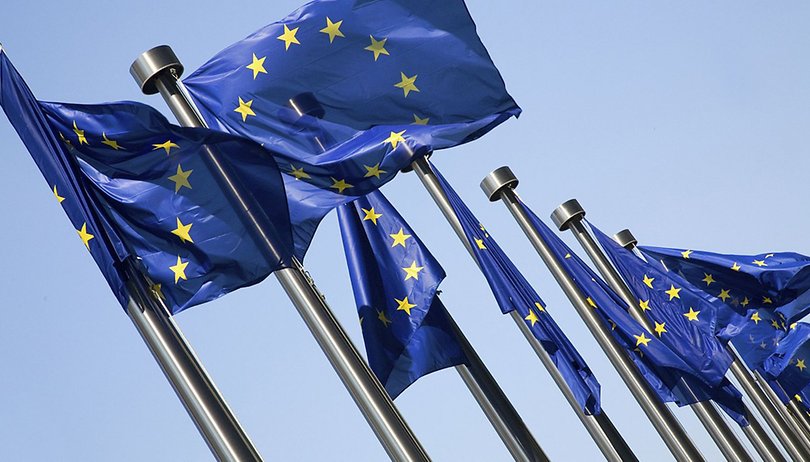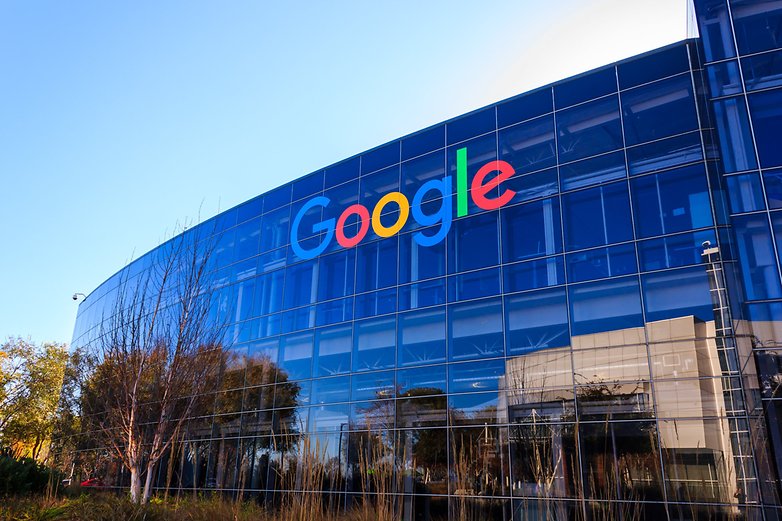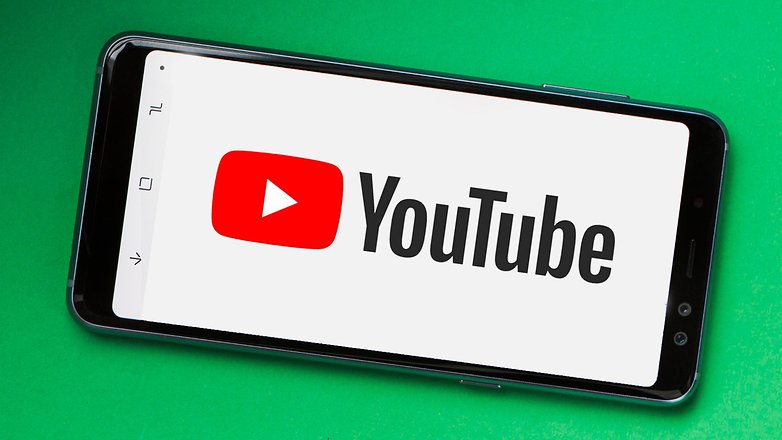Meme Ban and Link Tax: Does Europe want to destroy the web?

The European Parliament has approved amendments to the controversial Copyright Directive, a piece of legislation aimed at updating copyright on online content. Many have already announced the death of the Internet, while supporters have congratulated themselves on saving the artists. Make yourselves comfortable and let's take stock of the situation...
- Google's first GDPR privacy violations filed by 7 EU countries
- EU net neutrality and what it means for the US
Articles 11 and 13 of the new EU Copyright Directive have fueled concerns about the effective prohibition of so-called "memes" and that news aggregator platforms should pay publishers when people link to their websites. It is still too early to say exactly what will happen, the text will have to go through further negotiations and the directive has a slight chance of being rejected during the next vote in 2019. Whatever legislation is passed, it will then have to be implemented by the individual nations, all in the face of probable legal challenges. In other words, things will become more confusing even before they become clearer.
The objective of the new directive
The directive is divided into two parts, Articles 11 and 13. Article 11 would give publishers the right to claim compensation when their news is shared by online platforms, while Article 13 states that websites are responsible for content uploaded by users who infringe copyright.
Both measures attempt to correct an imbalance in the contemporary web: large platforms such as Facebook and Google earn huge sums of money by giving access to tons of material created by other people, while those who create content (music, movies, books and more) get an ever smaller slice of the cake.

Of course, not everyone involved in the creative industry complains. In fact, many have benefited from the contemporary Internet. But it is obvious that the modern web, supported by advertising, has led companies in Silicon Valley to become extremely rich while other sectors are "torpedoed". The Copyright Directive would, therefore, like to ensure a level playing field.
Article 11 - The tax on links
Article 11 is the so-called "link tax". This gives publishers the right to apply for paid licenses when online platforms share their contributions. Here the objectives involved are the famous news aggregators, such as Google News for example, but it is feared that the law may have wider applications.
Some extreme interpretations have suggested that this might even prevent normal web users from sharing news, but the text of Article 11 exempts individuals. The new rights granted to publishers "shall not prevent the legitimate, private and non-commercial use of press publications by individual users". However, it is not clear what is meant by a trading platform. What about blogs or RSS feeds that aggregate news exactly as Google News does? What about Facebook page with millions of followers, run by a single individual?
According to critics, even the regional versions of this law have never worked. In Spain, for example, one was approved in 2014, obliging publishers to charge a certain amount of money to news aggregators for sharing their articles. The result? Google closed Google News, local aggregators could not afford the costs and collapsed, so the overall traffic to their sites decreased by 15%. A similar law was passed in Germany in 2013. Google reacted by banning sites that did not allow their content to be shared for free. Here, too, once again, traffic has decreased and publishers have fallen to their knees.

Article 13 - Responsibility for uploads
Nicknamed "upload filter" by critics, article 13 gave me a headache! According to the text "platforms that store and give access to large quantities of works and other materials uploaded by their users are responsible for copyright infringements committed by the users themselves". So, let me get this straight... should platforms and copyright holders first cooperate in good faith to prevent this infringement from occurring even before an individual can upload content?
In practice, it means that online platforms will have to apply additional filters, forcing sites such as YouTube and Facebook to scan every little content that users share, comparing it with a database of copyrighted material. There is only one problem in all of this: the technology to scan all the contents of the Internet simply does not exist!
Other critics then renamed the law "meme ban", as this upload filter was framed as a weapon to kill memes. According to the supporters of the bill, this is not the case: parodies and memes will be exempt from copyright claims. The first is that the exceptions or limitations to copyright at European level differ from country to country. The second problem is that, even if the meme were not legal, the upload filters would not be able to distinguish a legitimate material from an illegitimate one.

In short, no more post-upload scans like the famous YouTube Content ID. Platforms will almost have to predict what users want to load into them. We have already seen several mistakes made by the Content ID, can you imagine how they would multiply if it had to cover a wider range of material?
What's next?
That's a good question. The new copyright directive will be discussed in a kind of trialogue: selected Members of Parliament, the European Commission and representatives of the Member States. This process generally takes place behind closed doors, which means that there will be little public oversight or newspaper coverage inside. It is possible that some of the most worrying parts of the directive will be removed, but it is also possible that the directive will remain more or less the same.
After the consultations, the directive will be submitted to the final vote of the European Parliament in spring 2019. This vote will be the last opportunity to completely reject the directive. It is worth noting that, although all legislation was adopted by a good majority, the vote on the amendments was more unbalanced. This shows that there is already considerable opposition. If the final vote passes the law, Member States will have two years to incorporate the directive into their legislation.
Unfortunately, I think it is unlikely that the directive will not be able to get through at all at this point. One of the hypotheses is that this could lead to the total shutdown of certain services in Europe. Who would prevent web giants like Facebook and Google from geographically blocking the old continent by making their services unavailable?
With all due respect to European legislators, but these laws do indeed seem to have been written by politicians who do not use the Internet very actively. The problem is that probably 70-80% of people think that the Internet is exclusively YouTube, Google and Facebook. I do not know about you, but for me this is serious and the fight against Europe on the Internet is far from over.
Do you also think that Europe is overreacting a little or is it just my impression? Can you ever see the US reacting to these companies in the same way? Let us know in the comments below.




"With all due respect to European legislators, but these laws do indeed seem to have been written by politicians who do not use the Internet very actively. The problem is that probably 70-80% of people think that the Internet is exclusively YouTube, Google and Facebook."
I wish this was a joke, but I'm afraid it might be true.
Link tax will kill off content producers. Learn from the history of the newspaper links regulation.